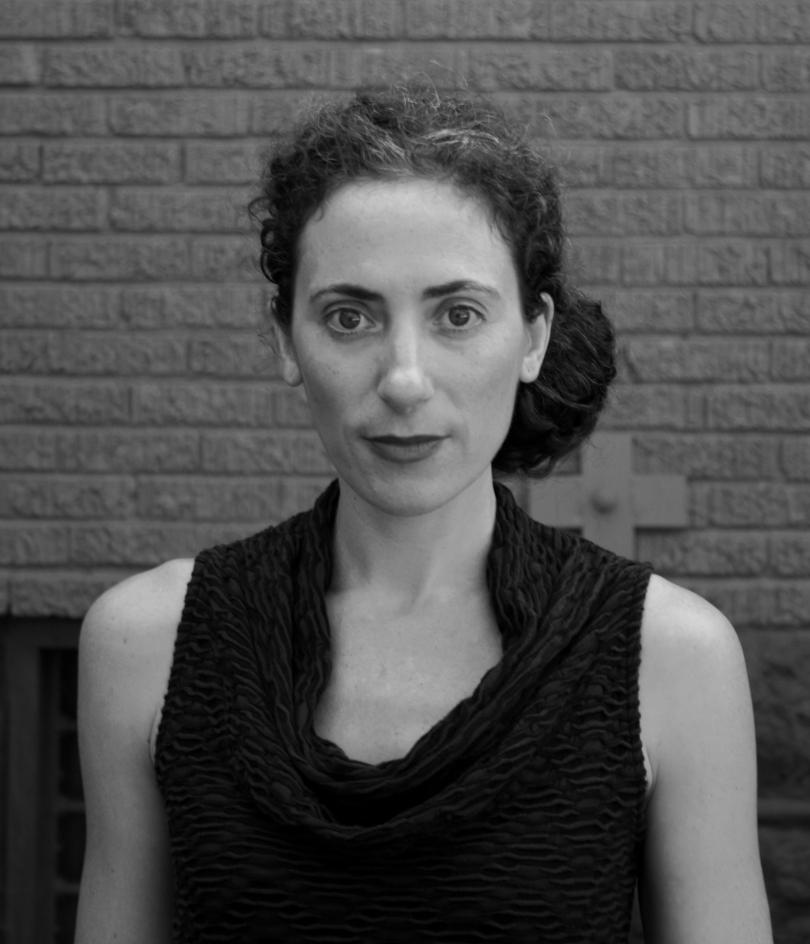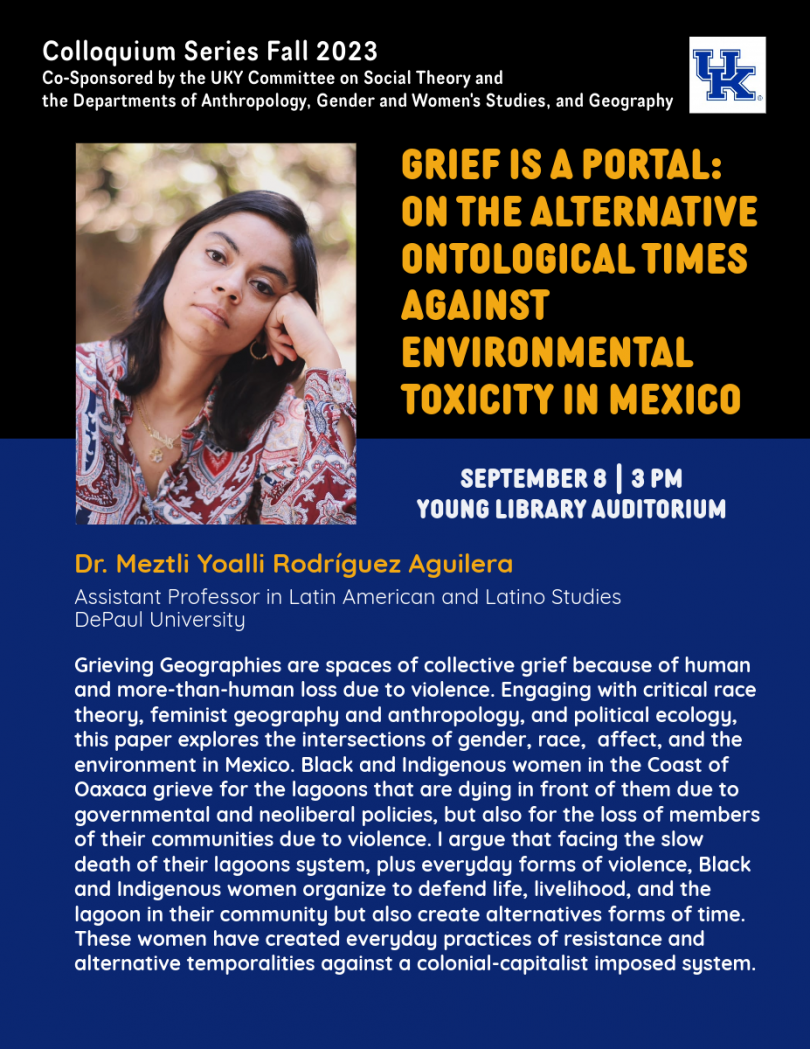Colloquium
Geography Colloquium Series
Geography Colloquium Series
The City after Property: Abandonment and Repair in Postindustrial Detroit
In the early 2010s, the Motor City became a laboratory for reimagining postindustrial futures. A skeleton of its former self, city officials classified a staggering 150,000 lots—more than a third of Detroit’s land—as “vacant” or “abandoned,” designations that elided as much as they revealed. The notion of a city with too much land grabbed media headlines. As plans unfolded to shrink and green Detroit, a paradox emerged. Even as the city’s land problem was widely characterized as one of abundance (too much land and too little demand), it became more difficult for many residents to acquire land and stay in their homes. In this talk, Sara Safransky draws from A People’s Atlas of Detroit (2020) and her new book The City After Property to explore the complex questions of justice at the heart of this paradox. To understand how a city could have too much land but not enough to go around, Safransky rereads narratives of postindustrial decline. She argues that to more adequately confront the politics of abandonment that shape struggles over urban futures, we must go beyond seeing property as simply a thing that one owns (i.e., the land itself) and interrogate it as a historical and racialized construct, an ideology, and a moral force that shapes selves and worlds. In other words, we must ask what comes after property?
 Sara Safransky is a human geographer and Assistant Professor in the Department of Human and Organizational Development at Vanderbilt University. She is the author of The City after Property, co-editor of A People’s Atlas of Detroit, and co-producer of its sister documentary, A People’s Story of Detroit. Her writing can be found in Antipode, International Journal of Urban and Regional Research, Environment & Planning D, Urban Geography, and elsewhere.
Sara Safransky is a human geographer and Assistant Professor in the Department of Human and Organizational Development at Vanderbilt University. She is the author of The City after Property, co-editor of A People’s Atlas of Detroit, and co-producer of its sister documentary, A People’s Story of Detroit. Her writing can be found in Antipode, International Journal of Urban and Regional Research, Environment & Planning D, Urban Geography, and elsewhere.
Geography & Anthropology Colloquium Series
Where did Geography take you this summer?
GEO Colloquium: Philanthropy - State Relations in an Age of Biodiversity Crisis
Philanthropy-State Relations in an Age of Biodiversity Crisis
Dr. Clare Beer, UCLA
The role of philanthropy in biodiversity conservation is rapidly changing. As philanthropic foundations and wealthy donors commit massive sums to help 'save the planet,' they are fueling a growing discourse that large-scale conservation and large-scale giving are both indispensable to solving the coupled climate and biodiversity crises. But are they? What would this mean, and how would this function in practice? This talk addresses such questions through a case study of one large-scale conservation initiative in Chilean Patagonia, established through a novel public-private partnership between the Chilean state and the U.S.-based philanthropic foundations Tompkins Conservation and The Pew Charitable Trusts. Drawing on thirteen months of qualitative fieldwork, it traces the origins and trajectories of this initiative and interrogates the broader implications of leveraging philanthropy in state environmental governance. Tompkins Conservation and The Pew Charitable Trusts attracted state buy-in for the partnership by speculating on the value and investability of national parks as economic assets. Reflecting a logic of conservation-as-development, this disrupted an entrenched state logic of conservation-versus-development that had derailed previous attempts to protect the region. Yet, my research finds that the execution of conservation-as-development in Chile – largely facilitated by these philanthropic foundations – is mimicking and reproducing key dynamics of extractive-led development, raising critical doubts about the feasibility and appeal of conservation-as-development as a green transition alternative.
Geography & Anthropology Colloquium Series

